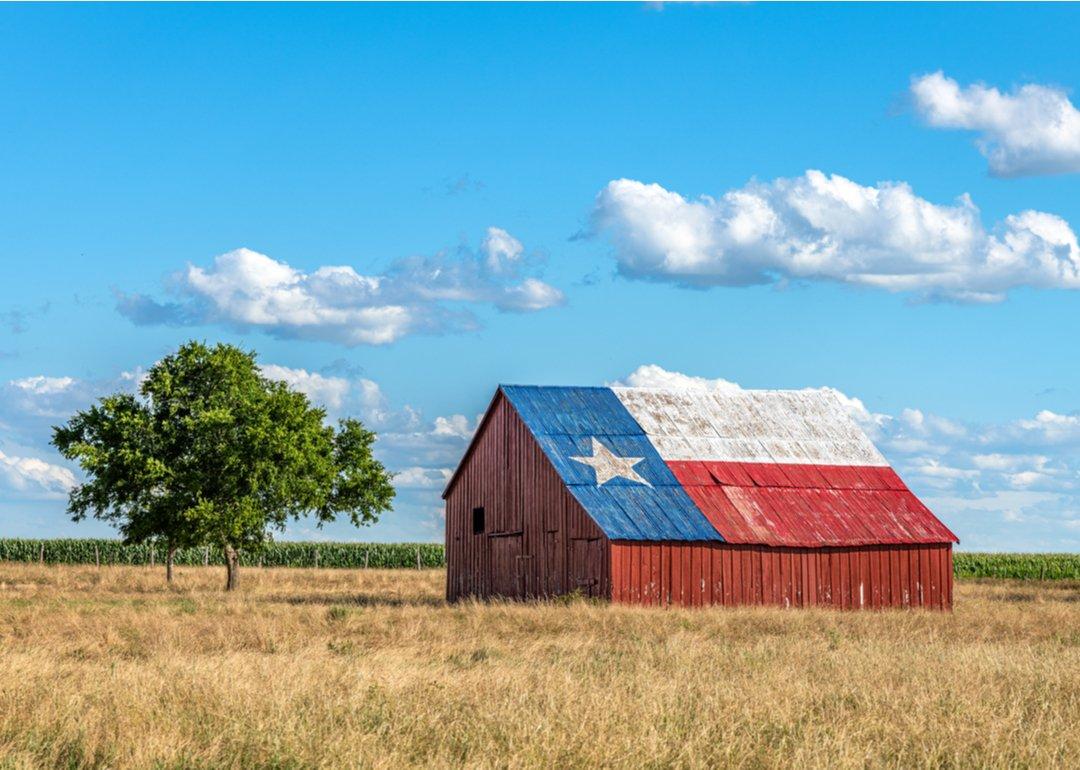
This story originally appeared on Simply Business and was produced and distributed in partnership with Stacker Studio.
What to know about workers' compensation in Texas
Workers’ compensation, which can provide cash and medical care to employees injured on the job, and benefits to survivors in cases of a work-related death, began with a federal program in 1908. It gave benefits to civilian workers whose jobs were hazardous and became the first kind of social insurance established across the United States.
By 1916, the rest of the federal workforce was covered. States meanwhile were enacting their workers’ compensation laws. All but six states and the District of Columbia had them by 1921.
Today, programs exist in all 50 states, the District of Columbia, Puerto Rico, and the U.S. Virgin Islands.
The details of each program vary by state. Four states—Ohio, North Dakota, Washington and Wyoming—require insurance be obtained through a state-administered fund rather than through a private insurer. Another option is to self-insure for approved businesses. Most states require some businesses to provide coverage and can levy substantial fines for failing to comply. South Dakota and Texas leave the choice to businesses, although Texas makes an exception for construction companies with a government contract.
Simply Business reviewed rules, statistics, and other information about workers’ compensation insurance—including the comprehensive breakdown by the National Federation of Independent Business—to offer a breakdown of what workers’ comp requirements in each state. Rules are subject to updates periodically, so it’s important to stay up-to-date based on your trade and location.
Workers' Compensation in Texas
Texas leaves it to employers to decide whether to have workers’ compensation insurance, though it offers a state-administered fund. Coverage is optional except in the case of construction companies with a government contract. Sole proprietors, partners, members of limited liability companies, and corporate officers can choose whether to participate. In the fiscal year 2021, Texas opened 68 cases of fraud and referred two of them for prosecution.
Workers’ Compensation Benefits, Costs, and Coverage, an October 2021 report from the National Academy of Social Insurance, found that total benefits paid to employees rose by 0.4% nationwide from 2015 to 2019. Cash benefits rose by 2%, but medical benefits fell by 1.1%. Standardized benefits fell— cash by 14% and medical benefits by 16.7%—over the same period.
Keep reading to see what workers' compensation looks like for other states in your area.
Workers' Compensation in Arkansas
Workers’ compensation coverage is mandated for most employers with three or more workers in Arkansas. The state, however, warns of exceptions to the three-or-more requirement and to check with authorities to confirm whether it is required. Farm laborers, real estate agents, and others are typically exempt. Employers that fail to pay compensation may be subject to a fine of up to $10,000.
Workers' Compensation in Louisiana
Louisiana’s employers must provide workers’ compensation coverage, but there are a number of employees who are exempt. They include those flying dusting or spraying airplanes; performers, including musicians; some nonprofit board members and officers; and real estate agents and brokers. An exception of note: workers in the mineral industry. Sole proprietors, partners, and those from limited liability companies are included in coverage in Louisiana, though they can opt out. Employers can be fined up to $10,000 for violations. Louisiana has a state-administered fund.



